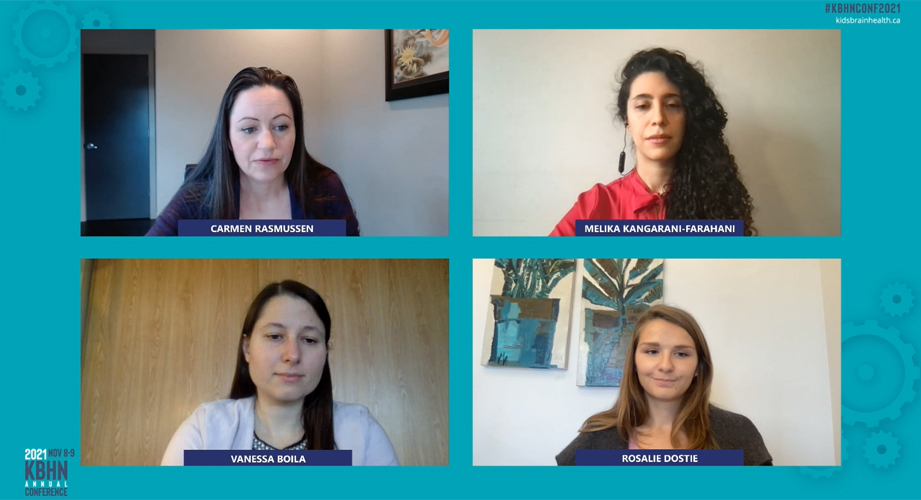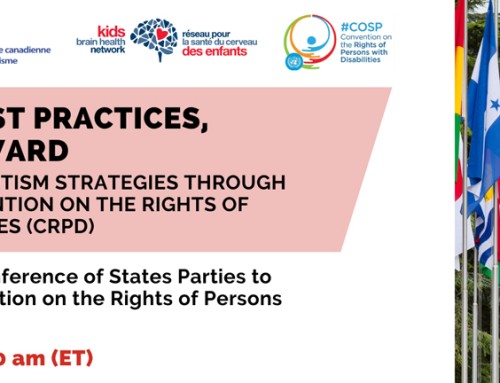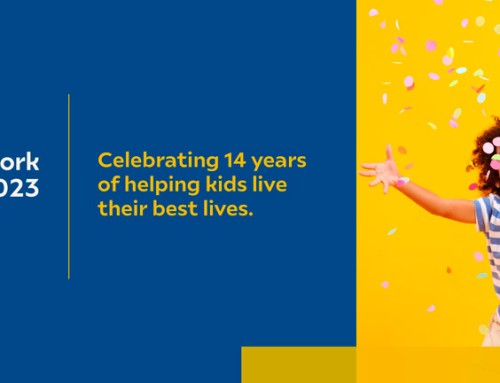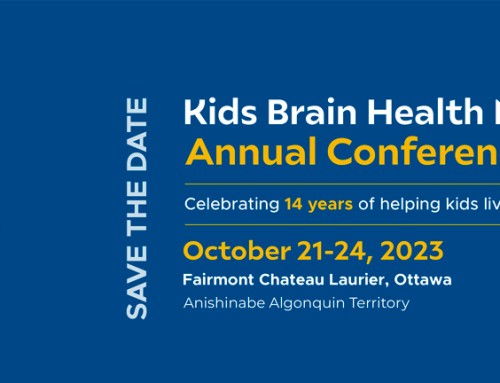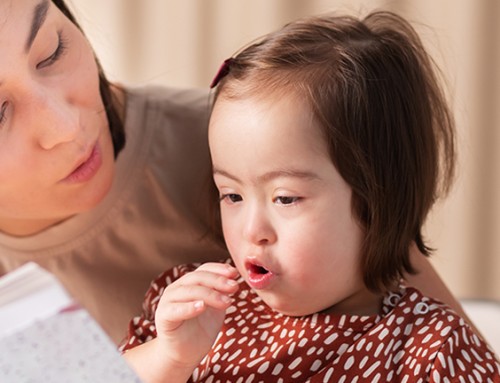November 8-9 marked this year’s annual Kids Brain Health Network Virtual Conference. The theme for this year’s conference was “Realizing Change through Partnerships and Research Innovation” and served not only as an opportunity for showcasing the achievements of the network and its partners; it served as well as a collective pause that encouraged us to examine challenging topics, to envision what partnership and care could and should look like as we imagine a post-pandemic world.
Dr. Jody Carrington played host for the two-day event, offering warmth and insight. As an author well-known for focusing on topics like grief, relationships, trauma and connection, her presence brought a reminder to all as to why we do the work that we do: seeing meaningful outcomes in the lives of the families and children we support.
One of the most memorable moments for me was the Fraser Mustard Lecture given by Dr. Paige Church from Sunnybrook Health Science Centre. Dr. Church marries life experience as someone with spina bifida with her work as a developmental pediatrician and researcher. Her talk about ableism in medicine brought a unique lens not spoken about nearly enough. That lived experience can inform choices as professionals, but also that we need to take an honest look at biases in care. In a prior KBHN blog she mentions: “My background has forged my fire, and I hope that one day we see that individuals have unique needs that may allow them to contribute to the medical system in ways that are richer and equally powerful.”
Included in her presentation was a quote by Erik Parens and Adrienne Asch, which resonated deeply with me “…Discrimination results when people in one group fail to imagine that people in some ‘other’ group lead lives as rich and complex as their own… Everyone from literary theorists to bioethicists to obstetricians and genetic counsellors are susceptible to such failures in imagination.” As a parent this took me back to countless times my son surprised either myself or many others in his life with the progress he made. As investors in outcomes, this quote reminded me about how necessary it can be that for all the planning we do, we need to always make space to plan to be surprised and let children and youth guide our work.
“Vision” and “Imagination” were prevailing messages that I acquired throughout the conference. Be it connecting with trainees and hearing about their amazing work, or our collective moments of self-reflection as we consider #HowNotToDoPatientEngagement with a renewed goal to #BuildBackTrust. The conference provided opportunity to not only speak to successes, but to bravely examine common barriers with honesty. Understanding that progress is a continuum rather than linear and that we must make our way together.
John F. Kennedy once said, “Partnership is not a posture but a process – a continuous process that grows stronger each year as we devote ourselves to common tasks.” This year’s conference left a fresh energy that I hope sticks around with all that attended.
~ Rachel Martens, Family Engagement Facilitator at CanChild


